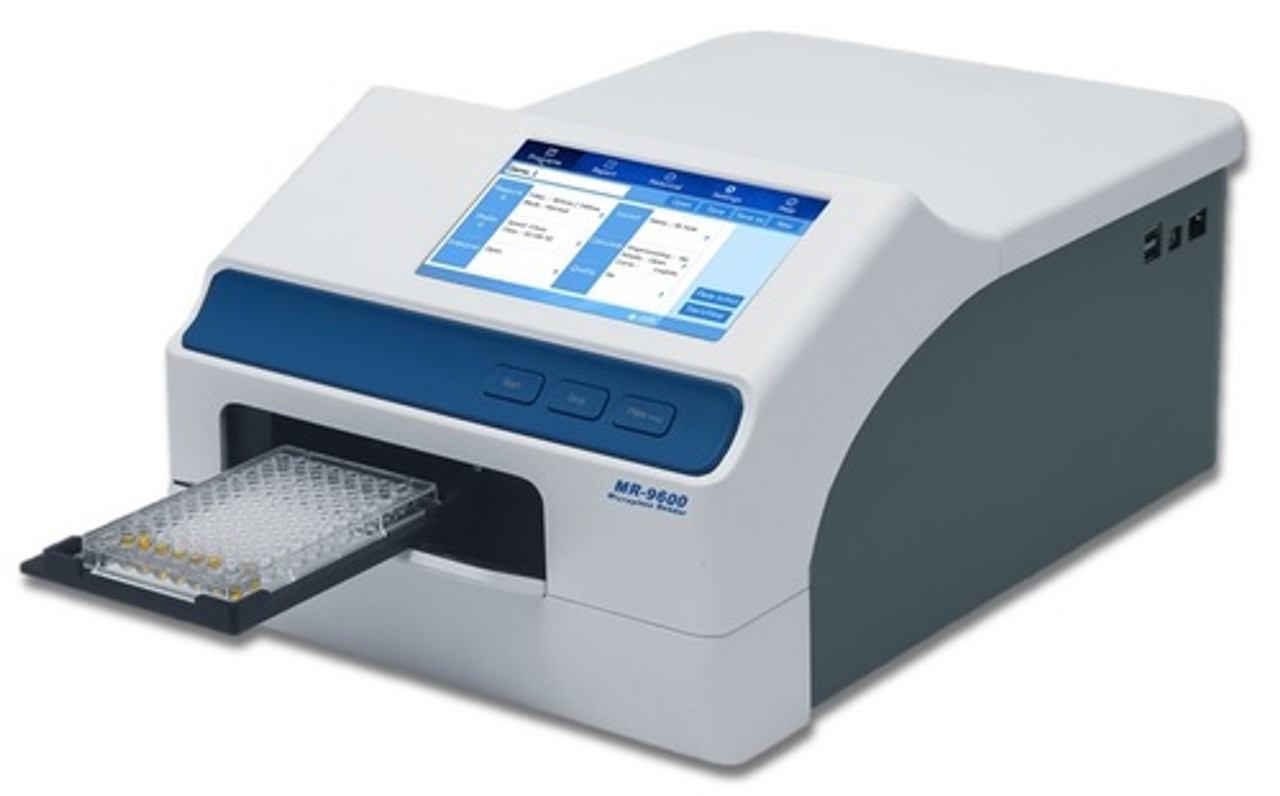Lateral Flow Antibody tests were all the rage this week as results were released from Santa Clara, Los Angeles and New York City using finger-prick tests with a random population sample to help gauge the extent of the spread of COVID-19.
In our backyard , Maryland governor Larry Hogan announced he and his wife has arranged for 500,000 antibody kits to be flown in from South Korea despite these tests not bearing FDA approval.
Much as RT-PCR entered the lexicon of the Average-Joe a few weeks back, terms like “sensitivity” and “specificity” are now being tossed around, whether anyone fully understand the statistical firestorm touched off by these tests or not.
The media and politicians continue to shape the antibody test conversation around two basic questions:
- Epidemiological - “What is the true scope of total infections?”
- Economical – “Assuming the death rate from COVID-19 is about the same as the seasonal flu, can we reopen business and resume normal life?”
The answer to these questions depends on two other questions surrounding antibody tests:
- How reliable are the current batch of lateral-flow finger-prick tests?
- Does a positive test for the IgG “recovery antibody” confer immunity?
The answer to either remains a hot topic of debate and a moving target as new data continues to pour in.
It’s no secret that increased testing will be key to returning our society to some semblance of normalcy.
Every few days our leadership adjusts the recommended number of weekly tests needed to gain the upper hand; currently at 1.5-2 million tests.
There is another method of COVID-19 antibody testing which can provide quantitative results, unlike the qualitative (positive/negative) results obtained by a rapid test: The ELISA test
ELISA, or Enzyme-Linked Immunosorbent Assay, is specifically designed to look for antibodies in the blood using a 96-well plate treated with antigens.
If either IgM or IgG antibodies are detected, the patient sample mixed with the antigens will undergo a color change.
This change can be picked up using a simple absorbance microplate reader like this one from our partners at Accuris Instruments.

Back in March, as the United States began to grasp the seriousness of Coronavirus, researchers at the Icahn School of Medicine at Mt. Sinai in New York published a helpful paper detailing the benefits of using ELISA serology testing as a scalable and much safer way to test for SARS-CoV-2.
In addition to the Mt Sinai assay, there are several IgG and IgM assay kits on the market which could be run on the Accuris MR9600 absorbance microplate reader.
https://eaglebio.com/product/coronavirus-covid-19-igm-elisa-assay-kit/
http://www.epitopediagnostics.com/covid-19-elisa
And from just outside my hometown Atlanta: https://www.raybiotech.com/elisa-kits
Unlike finger-prick rapid antibody tests, ELISA tests must be run inside a laboratory using instrumentation.
So that price will not be a barrier, Stellar Scientific has partnered with Accuris Instruments to make is easy to obtain an absorbance microplate reader.
At less than $5000, this microplate reader is already most economical integrated absorbance plate reader on the market.
However, any company or institution working on COVID-19 related research with a very restricted budget and in need of a 96-well absorbance reader can apply for a free 3-month lease of an Accuris MR9600 Absorbance Plate Reader.
You are under no obligation to purchase, but if the lab wants to keep the instrument at the end of the lease period there would be a special discounted cost available.
To obtain a copy of the lease agreement and terms, please send an email to info@stellarscientific.com and put Plate Reader Lease Program in the Subject line.


